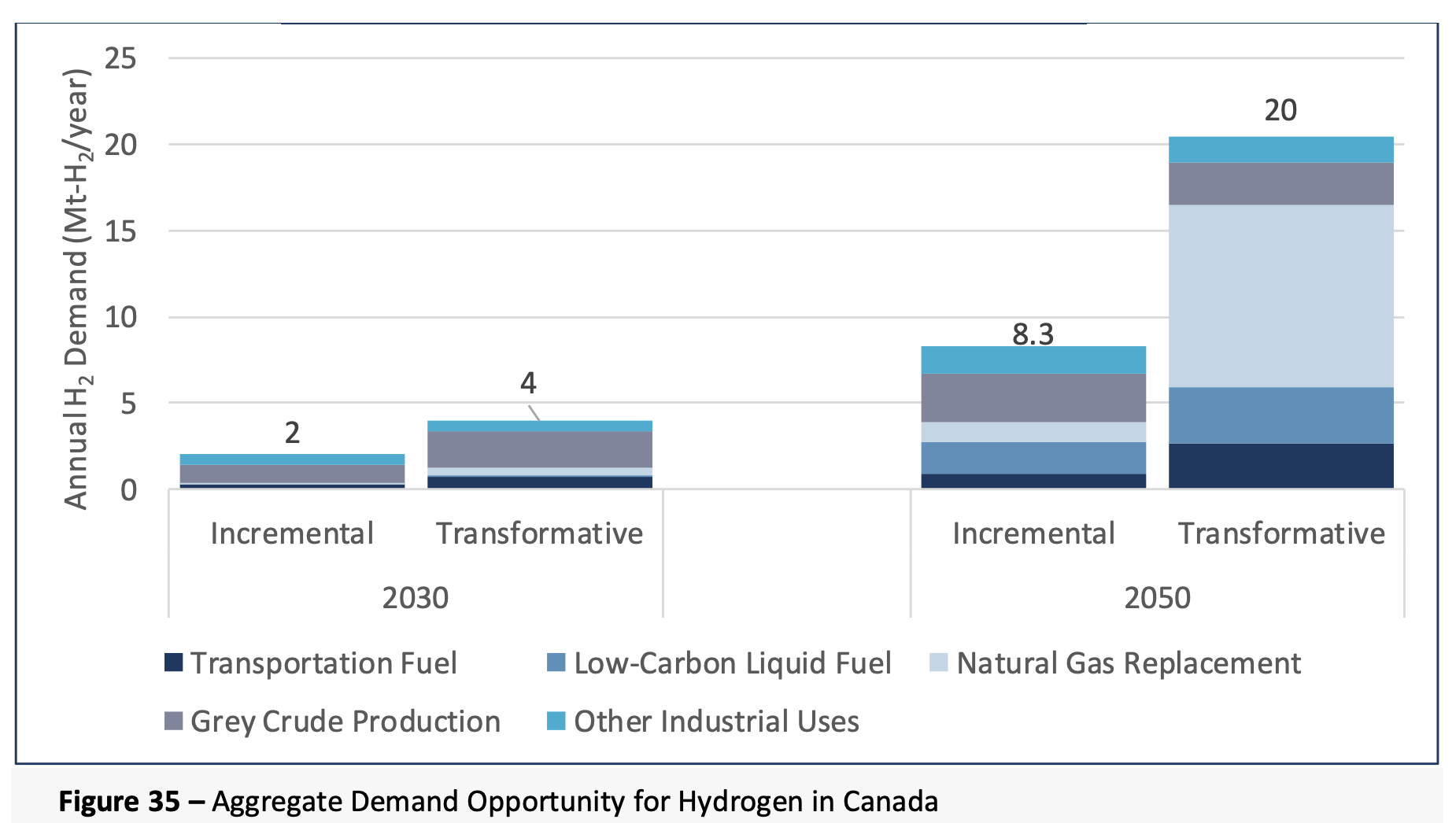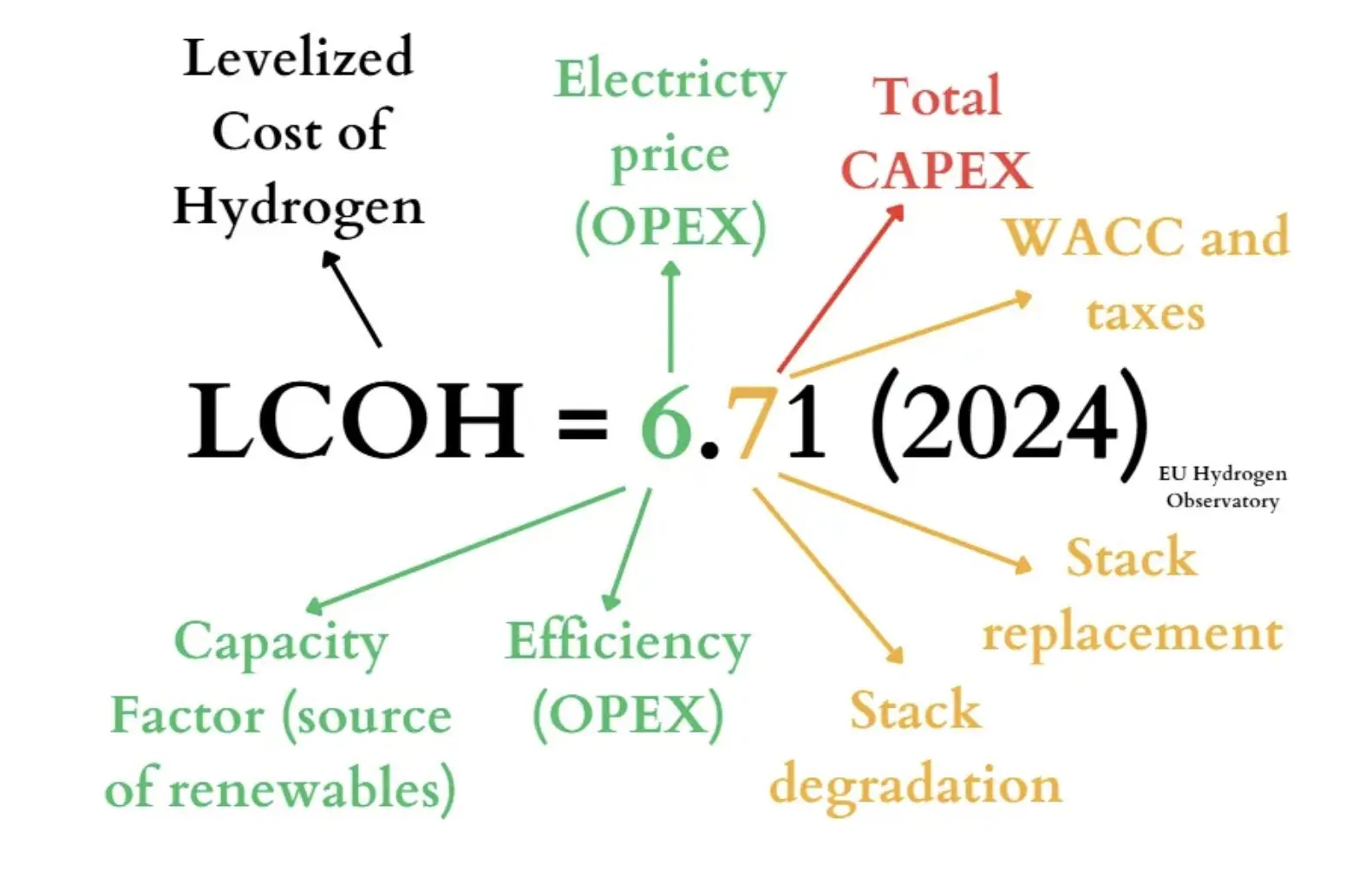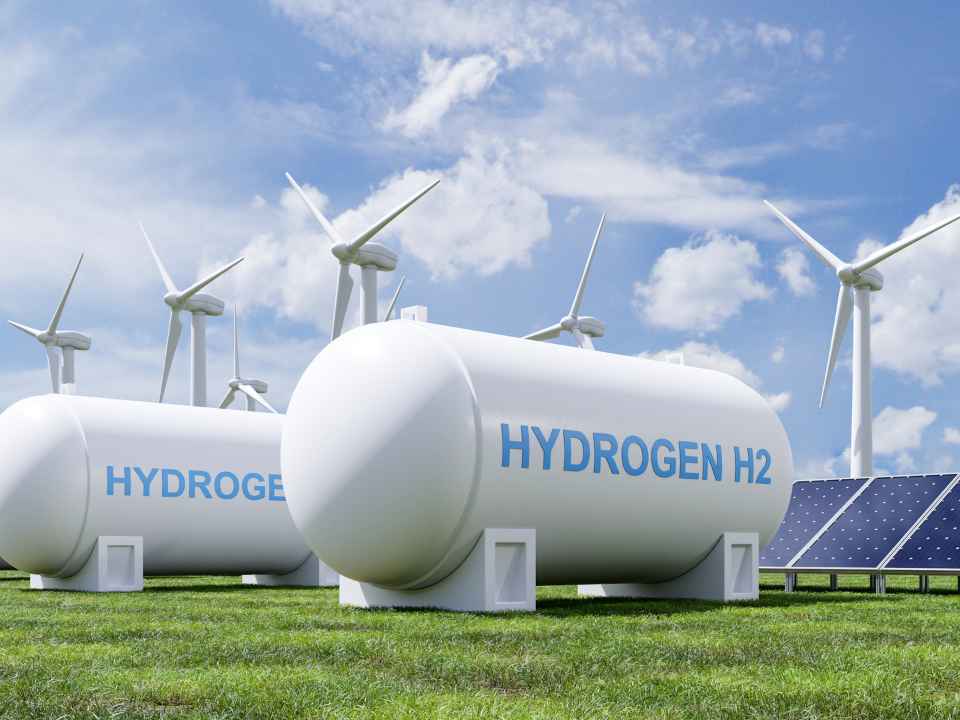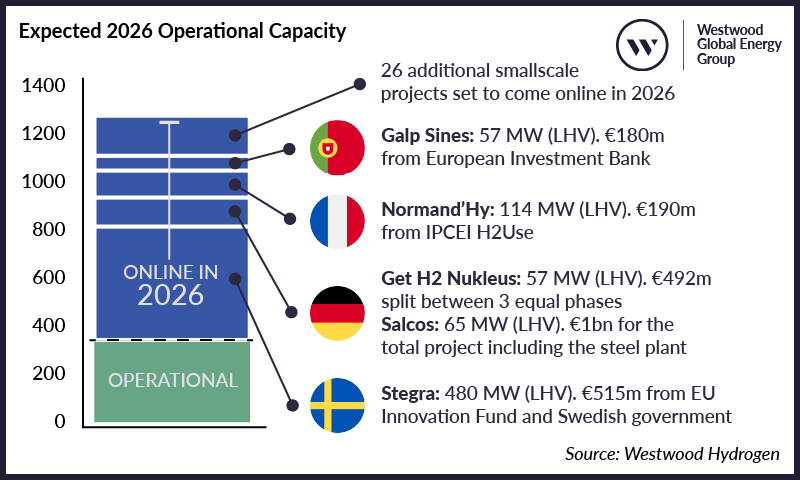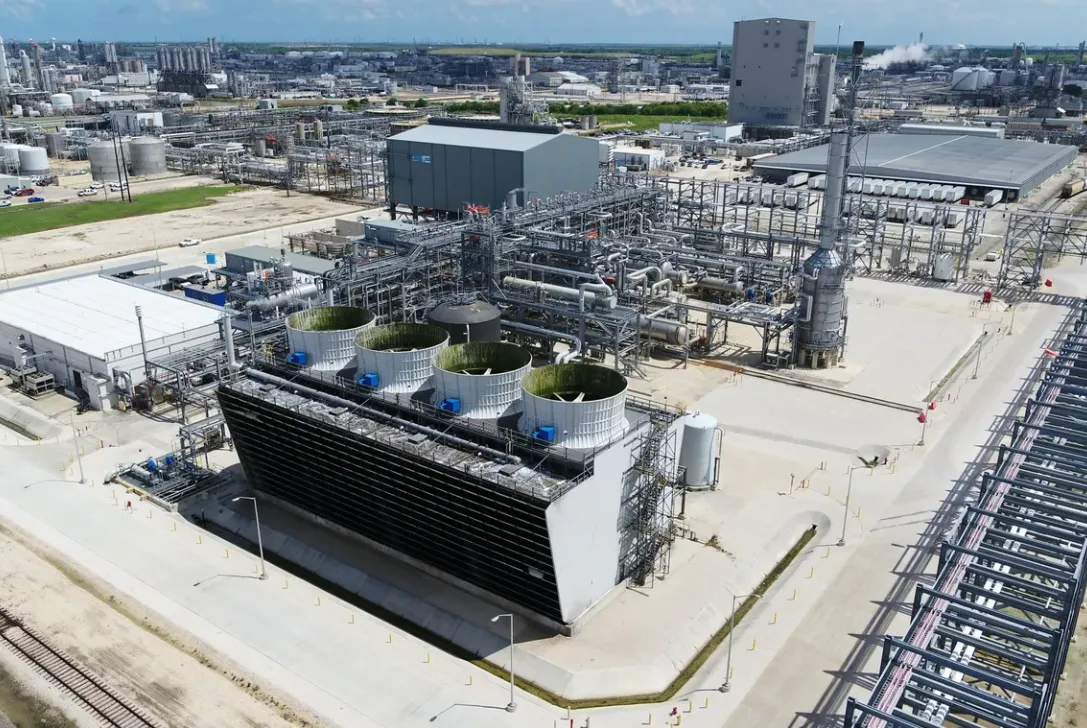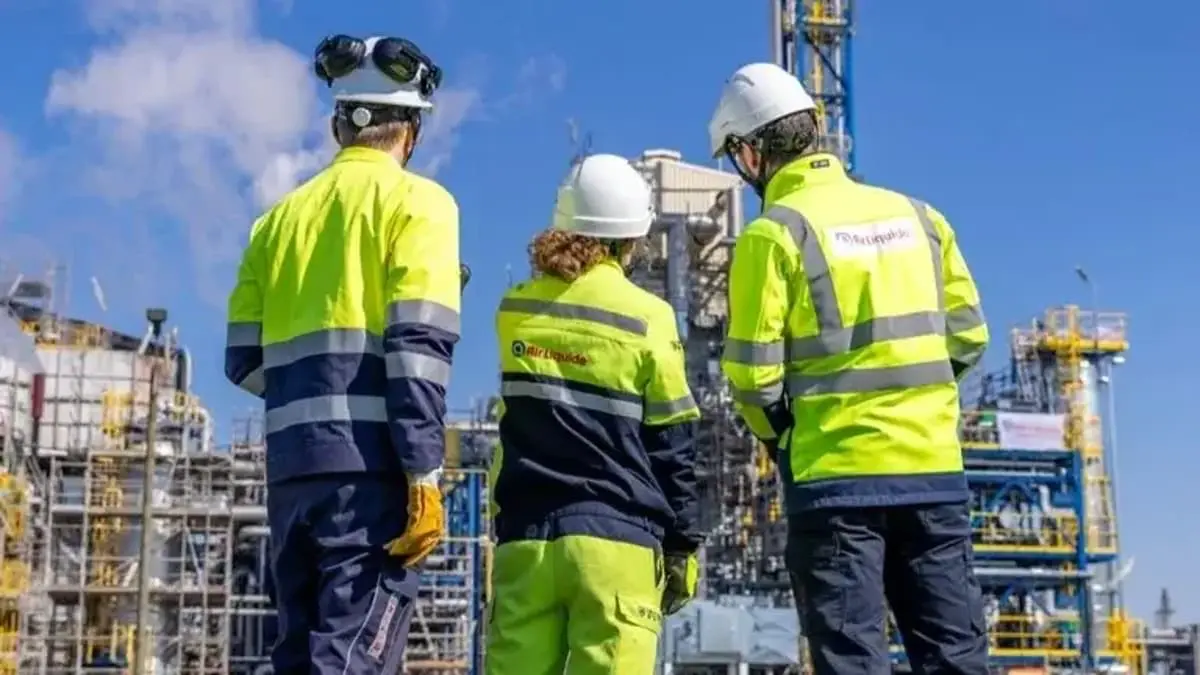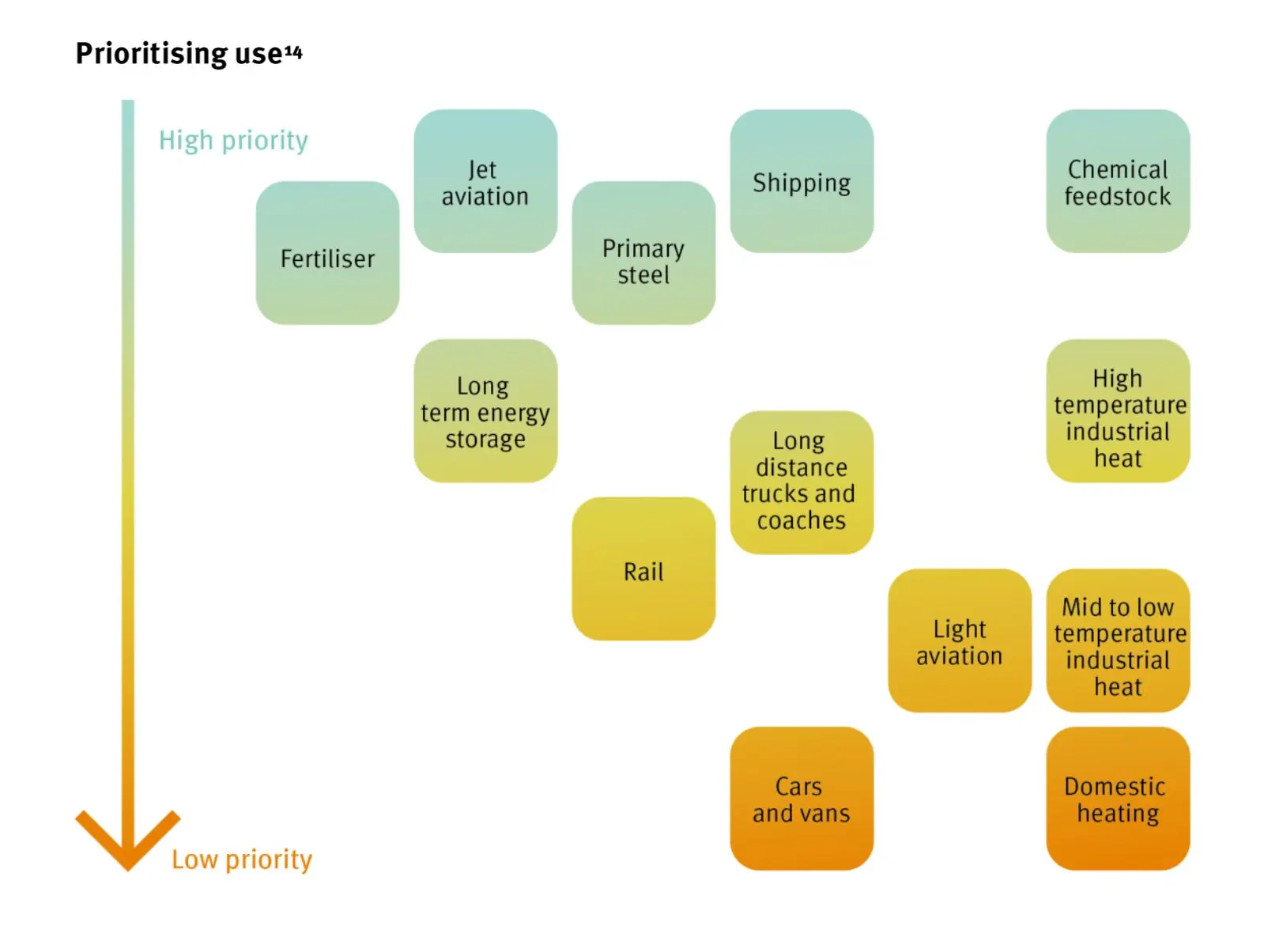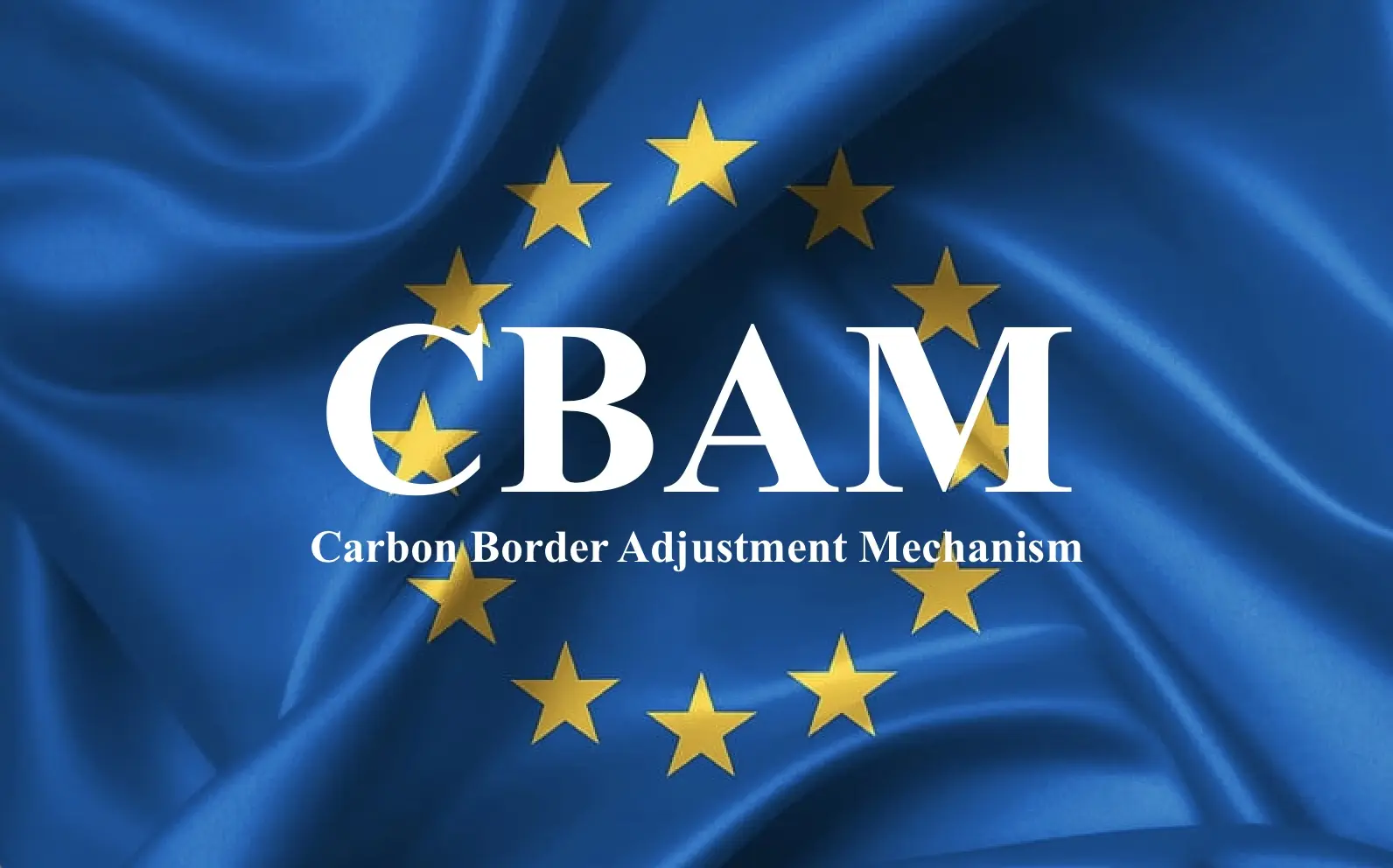
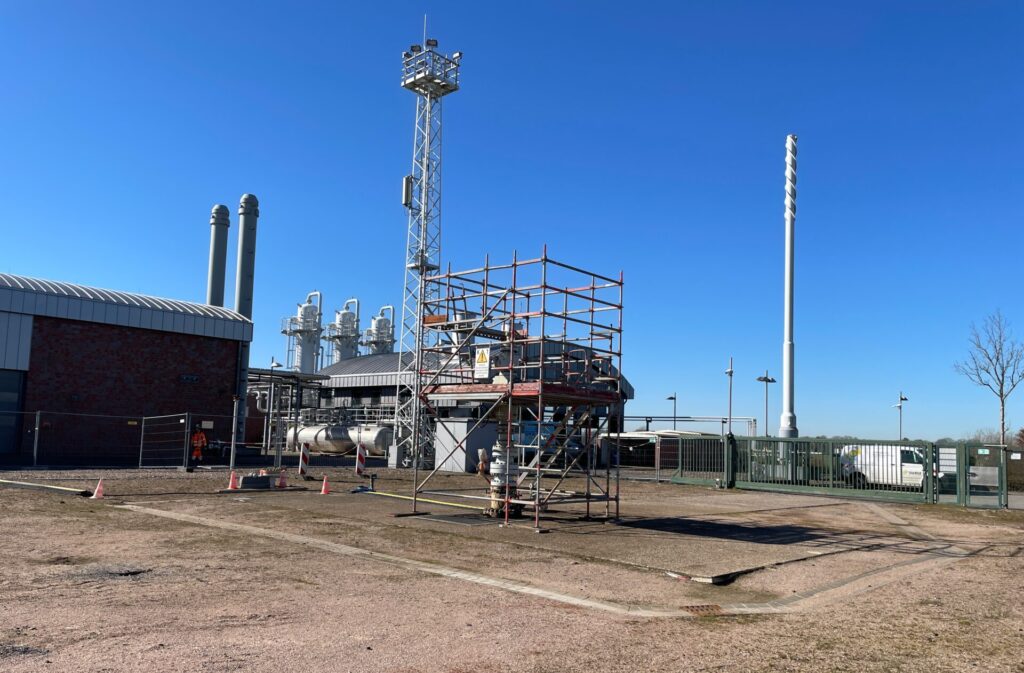
German utility EWE will not build more renewable hydrogen plants for now because of “high risks” associated with potential investments, said the chief executive of its hydrogen business, Geert Tjaks.
“We have a pipeline for 2GW projects, but we are building right now only 300MW,” Tjaks told the Hydrogen and Fuel Cells Europe Public Forum at the Hanover Trade Fair on 1 April. “To be very clear, right now we are not planning to build any further projects.”
There are risks associated with the future market outlook and the technology, among other factors, Tjaks said.
Strict EU rules, such as the additionality requirement for renewable hydrogen from 2028, and long-winded permitting procedures are adding more layers of risk for project developers, he said.
Tjaks, like several other delegates at the Hanover event, called for more flexibility around the EU’s definition of renewable fuels of non-biological origin, which are effectively renewable hydrogen and derivatives. Several member states, including Germany, have lobbied for changes to additionality and other rules in recent months.
EWE last year took final investment decisions for just over 300MW of electrolysis capacity as part of its Clean Hydrogen Coastline plans. The bulk of this, 280MW, will be installed at Emden in northwest Germany. The decision was enabled by generous public funding, with the German federal government and the state governments of Lower Saxony and Bremen providing a combined €500mn ($540mn) to the overall investment costs of around €800mn.
The state support was approved under the EU’s Important Project of Common European Interest (IPCEI) framework in February 2024, a lot later than EWE and other developers had hoped.
The IPCEI projects were intended to serve as “proof-of-concept,” Tjaks said. But since the process was delayed “for three years or something, of course the proof-of-concept will be delayed”. As a result, “further projects will be delayed as well because proof-of-concept is a way to derisk” as it helps to “understand” the market and the technology, he said.
EWE could move quickly if it decides to go ahead with more projects, according to Tjaks.
“We can actually scale up very shortly to 2GW,” he said.
Source: Argus Media

